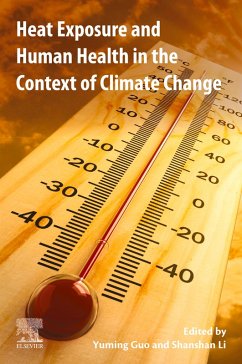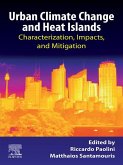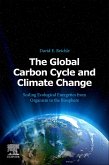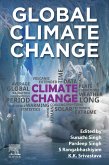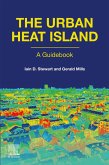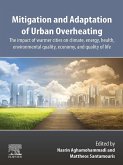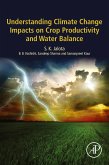Heat Exposure and Human Health in the Context of Climate Change introduces the effects of heat on human health, especially in the context of climate change. The book utilizes case studies in addition to foundational knowledge and theory to demonstrate the epidemiological impact of heat, also presenting solutions for addressing this important public health issue. It is clearly organized to aid in understanding key questions such as why and how heat exposure impacts health, who are most vulnerable to heat exposure, and how to reduce the impacts of heat exposure.
Providing guidance on public policy development as well as individual protection, this book is an interdisciplinary resource for researchers and policymakers in both public health and environmental science fields.
Providing guidance on public policy development as well as individual protection, this book is an interdisciplinary resource for researchers and policymakers in both public health and environmental science fields.
- Presents the most up-to-date knowledge on an important public health topic in the context of climate change
- Provides guidance to government, public agencies, health workers, community organizers and environmental agencies to reduce the health impacts of heat exposure
- Covers theory, epidemiology, environmental considerations and public health, utilizing foundational knowledge, literature reviews and case studies
Dieser Download kann aus rechtlichen Gründen nur mit Rechnungsadresse in A, B, BG, CY, CZ, D, DK, EW, E, FIN, F, GR, HR, H, IRL, I, LT, L, LR, M, NL, PL, P, R, S, SLO, SK ausgeliefert werden.

